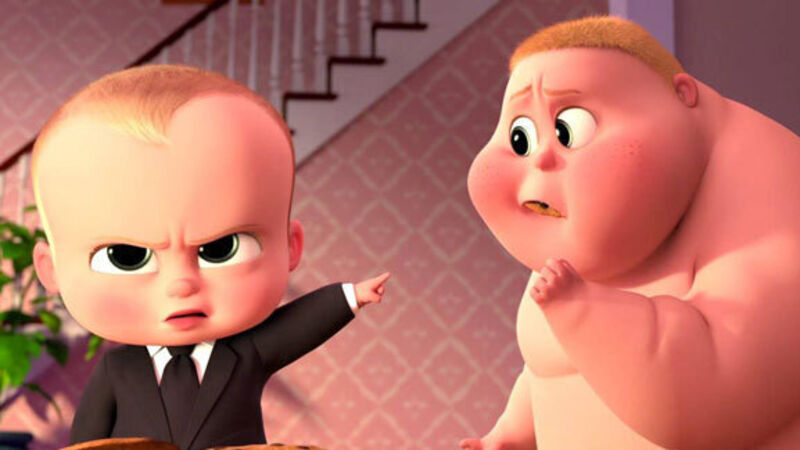Sat, 01 Apr, 2017 - 01:00
Declan Burke
Free Fire 4/5
Ghost in the Shell 4/5
Already a subscriber? Sign in
You have reached your article limit.
Subscribe to access all of the Irish Examiner.
Annual €130 €80
Best value
Monthly €12€6 / month
Introductory offers for new customers. Annual billed once for first year. Renews at €130. Monthly initial discount (first 3 months) billed monthly, then €12 a month. Ts&Cs apply.
CONNECT WITH US TODAY
Be the first to know the latest news and updates
CourtsFilm and TVMovie reviewsfree fireGhost in the ShellThe Boss BabyPlace: BostonPerson: Declan BurkePerson: JustinePerson: Brie LarsonPerson: FrankPerson: Michael SmileyPerson: ChrisPerson: Cillian MurphyPerson: OrdPerson: Armie HammerPerson: Amy JumpPerson: Ben WheatleyPerson: WheatleyPerson: John DenverPerson: Sam PeckinpahPerson: Scarlett JohanssonPerson: MajorPerson: KuzePerson: Michael PittPerson: AramakiPerson: Takeshi KitanoPerson: Jamie MossPerson: William WheelerPerson: Masamune ShirowPerson: Rupert SandersPerson: JohanssonPerson: Lorne BalfePerson: Clint MansellPerson: TimPerson: Miles BakshiPerson: Alec BaldwinPerson: Boss BabyPerson: Tom McGrathPerson: BlakePerson: Glen RossOrganisation: Hanka RoboticsOrganisation: Baby CorpOrganisation: Puppy Co.Organisation: Puppy Co












